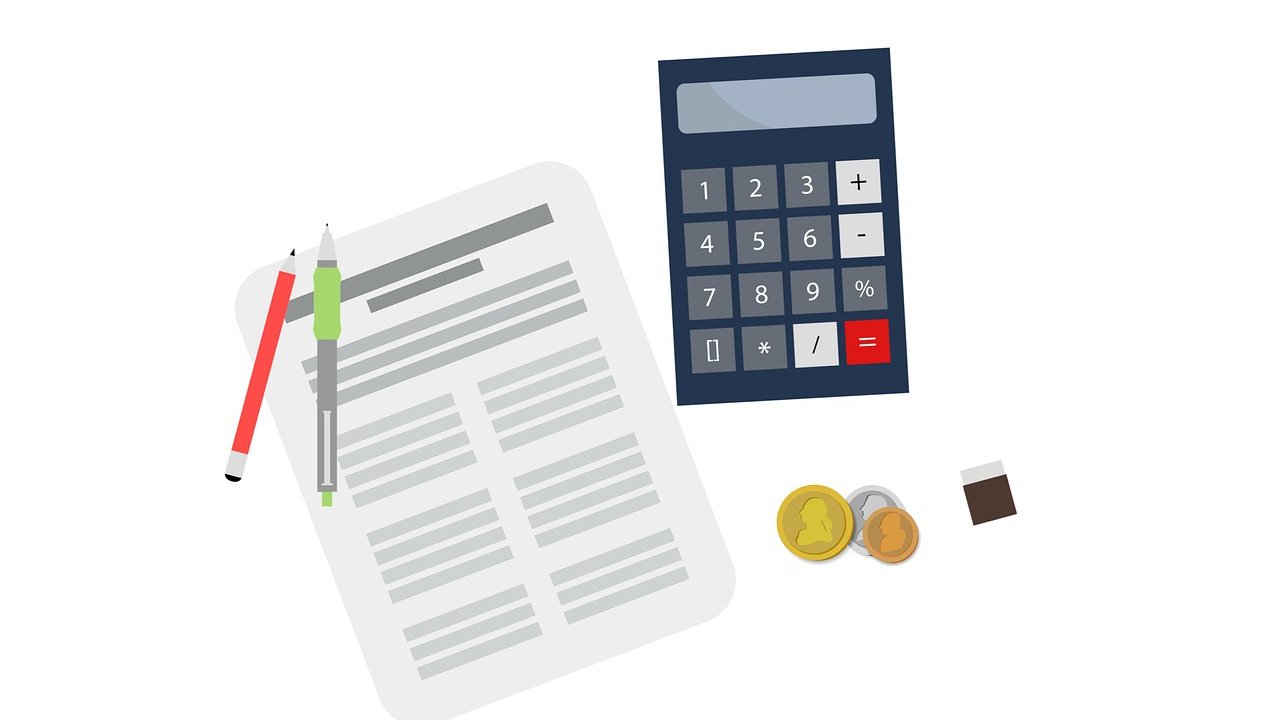
Bringing a new life into the world is one of the most beautiful moments you will experience. However, it can also be quite daunting, especially when you consider the financial aspect. Careful budgeting and planning are essential for navigating the costs associated with a new baby. This comprehensive guide will walk you through all the necessary steps and provide a baby budget checklist to help you manage your expenses effectively.
Understanding the Cost of Raising a Baby
Before you can set a budget, you need to understand the costs associated with raising a baby. The average cost of a baby per month varies depending on factors like where you live, your lifestyle, healthcare costs, and whether it's your first child. Current estimates suggest that the cost of baby in the first year can range anywhere from $12,000 to $16,000, excluding labor and delivery costs.
Creating a Baby Budget Checklist
A baby budget checklist is a great way to keep track of expected expenses. Here are some categories to include:
- Pre-birth costs: These include prenatal care, maternity clothes, and labor and delivery costs.
- Nursery items: This category includes a crib, changing table, baby monitor, and other nursery furniture.
- Baby gear: Items like a stroller, car seat, and baby carrier fall under this category.
- Feeding supplies: Depending on whether you're breastfeeding or formula feeding, you'll need to budget for things like bottles, formula, or a breast pump.
- Diapers and wipes: The cost for these items can add up quickly, especially in the first year.
- Clothing: Babies grow fast, so plan for regular clothing purchases.
- Childcare: If both parents are working, you may need to budget for daycare or a nanny.
Money Saving Tips for New Parents
Even with a well-planned budget, saving money where you can is always wise. Here are a few ways you can save:
- Buy secondhand: Many baby items are gently used and can be purchased at a fraction of the cost.
- Borrow what you can: If you have friends or family members who recently had a baby, they may be willing to lend you items they no longer need.
- Wait for sales: Many baby stores have regular sales where you can get items at a discounted price.
- Breastfeed if possible: If you can, breastfeeding is a cost-effective option compared to formula feeding.
- DIY baby food: Once your baby starts solids, consider making your own baby food to save on costs.
Planning for the Long-Term
Budgeting for a new baby also means considering long-term expenses like education and healthcare. It's never too early to start saving for your child's future. Consider setting up a college fund or investing in a life insurance policy.
Remember, having a baby is a joyous occasion, and while it can be a financial challenge, careful planning and budgeting can help ease the burden. By using this guide and our baby budget checklist, you're already taking steps towards a financially secure upbringing for your newborn.











